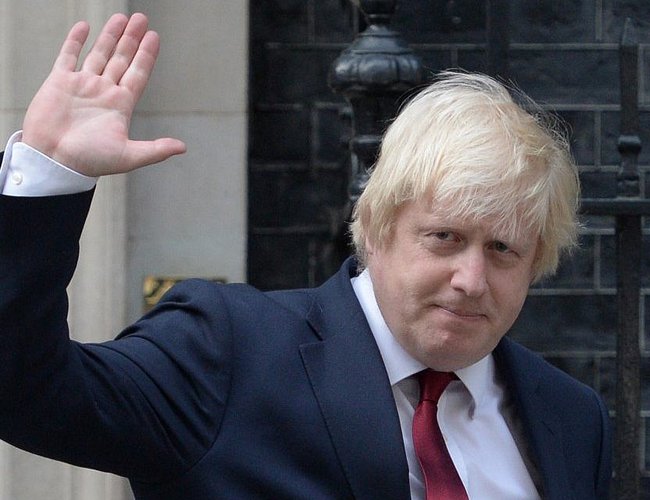
The United Kingdom, a nation rich in history and tradition, is led by a prominent political figure known as the Prime Minister. This individual serves as the head of the government and is a key player in shaping the nation’s policies, both domestically and internationally. In this article, we will delve into the role of the leader of England, exploring the responsibilities, powers, and challenges that come with this prestigious position.
Historical Evolution of the Role
The position of Prime Minister in the England has a fascinating historical evolution. While there were earlier predecessors, Sir Robert Walpole is often considered the first de facto Prime Minister, serving from 1721 to 1742. Over the centuries, the role has transformed and solidified, with significant developments occurring in the 19th and 20th centuries.
The Prime Minister is the head of the executive branch and is typically the leader of the political party that has the most seats in the House of Commons, the lower house of the UK Parliament. The evolution of the role has been shaped by constitutional changes, political reforms, and the ever-shifting dynamics of the British political landscape.
Responsibilities and Powers
The leader of England, as the Prime Minister is often referred to, holds a myriad of responsibilities and wields considerable powers. The primary duty is to lead the government and make important policy decisions. This involves setting the overall direction for the country, both in terms of domestic issues such as healthcare, education, and the economy, as well as in the realm of foreign affairs.
The Prime Minister is also responsible for appointing members of the Cabinet, a group of senior government ministers who oversee specific government departments. These appointments play a crucial role in shaping and implementing government policies. The ability to build and maintain a cohesive Cabinet is a key aspect of effective leadership.
In addition to policy-making, the Prime Minister plays a vital role in the legislative process. While the UK Parliament consists of two houses – the House of Commons and the House of Lords – the Prime Minister’s influence is most significant in the House of Commons, where the government is formed. The leader must navigate the often complex process of passing legislation, which involves garnering support from members of their own party as well as engaging with opposition parties.
The Prime Minister’s powers also extend to matters of national security and defense. In times of crisis, the leader must make critical decisions regarding the safety and well-being of the nation. The ability to command the armed forces and respond decisively to emergencies is a fundamental aspect of the role.
Challenges Faced by the Prime Minister
While the position of Prime Minister is undoubtedly prestigious, it comes with its fair share of challenges. One of the inherent difficulties is the constant scrutiny and pressure that comes with leading a nation. The decisions made by the Prime Minister impact the lives of millions, and as such, every move is closely observed by the public, the media, and political opponents.
Maintaining public support is a perpetual challenge for any leader. Public opinion can be fickle, and the Prime Minister must navigate a complex landscape of diverse interests and perspectives. Issues such as economic downturns, healthcare crises, and international conflicts can quickly erode public confidence, requiring the leader to demonstrate resilience and effective crisis management skills.
The Prime Minister also faces challenges within the political arena. Navigating the intricacies of party politics, managing internal dissent, and building consensus within the Cabinet are all critical aspects of the job. The ability to negotiate and compromise is essential, as the leader seeks to balance competing interests and ensure the smooth functioning of the government.
International relations present another set of challenges for the leader of England. The Prime Minister is often the face of the nation on the global stage, engaging with world leaders, participating in international summits, and representing the UK’s interests abroad. Building and maintaining diplomatic relationships, navigating geopolitical tensions, and contributing to global initiatives all require a deft diplomatic touch.
Conclusion
The leader of England, embodied in the role of the Prime Minister, plays a pivotal role in shaping the destiny of the nation. With a rich historical background, the position has evolved to become a cornerstone of the United Kingdom’s political system. The responsibilities and powers associated with the role are vast, ranging from domestic policy-making to international diplomacy.
However, the journey of leadership is not without its challenges. The Prime Minister must navigate a complex web of political, social, and economic factors, all while facing constant scrutiny from the public and the media. The ability to adapt, make tough decisions, and inspire confidence is essential for success in this influential position.
As the leader of England shoulders the weight of national responsibilities, the effectiveness of their leadership ultimately shapes the trajectory of the nation. In the ever-changing landscape of global politics, the role of the Prime Minister remains a dynamic and essential force in the ongoing story of the United Kingdom.